Zambia has significantly reduced border clearance times for goods and travelers, claiming a 60 percent improvement due to strengthened inter-agency cooperation. This is according to the third Time Release Survey.
The survey, conducted at Chirundu and Kazungula One-Stop Border Posts (OSBP) by the Ministry of Commerce, Trade and Industry and the Zambia Revenue Authority (ZRA), with support from the Japan International Cooperation Agency (JICA), reportedly found average clearance times had fallen from over 48 hours in 2022 to just under 14 hours in 2024.
Speaking at the launch of the Survey Report in Lusaka on Monday, ZRA Commissioner-General, Dingani Banda, emphasized that, while these results were promising, continuous efforts were essential.
“We must actively engage with the recommendations outlined in this report,” Banda said.
He claimed that the progress reflected government’s commitment to improving trade facilitation and economic growth.
Banda urged collective responsibility among government agencies, industry players, and stakeholders to address remaining challenges.
Over the past few years, Zambia had focused on transforming customs processes to boost trade facilitation, revenue collection, and economic growth, Banda explained.

Read More: COMESA launches digital yellow card to streamline insurance verification at borders
“The Time Release Survey is a crucial part of this initiative, assessing our customs efficiency and identifying areas for improvement,” he said.
Key reforms highlighted by Banda included the introduction of Coordinated Border Management at Kazungula and Chirundu, as well as mandatory pre-clearance, which requires electronic submission of cargo declaration data to streamline customs processes.
Permanent Secretary in the Ministry of Commerce, Trade and Industry, Lillian Bwalya, highlighted the role of time measurement studies in enhancing border agency operations.
She noted that since 2019, Zambia has conducted nine such studies to evaluate and improve border clearance.
“Despite progress, challenges remain,” Bwalya said, claiming that a shortage of officers and limited connectivity among the systems used in the clearance process are key issues contributing to delays.
WARNING! All rights reserved. This material, and other digital content on this website, may not be reproduced, published, broadcast, rewritten or redistributed in whole or in part without prior express permission from ZAMBIA MONITOR

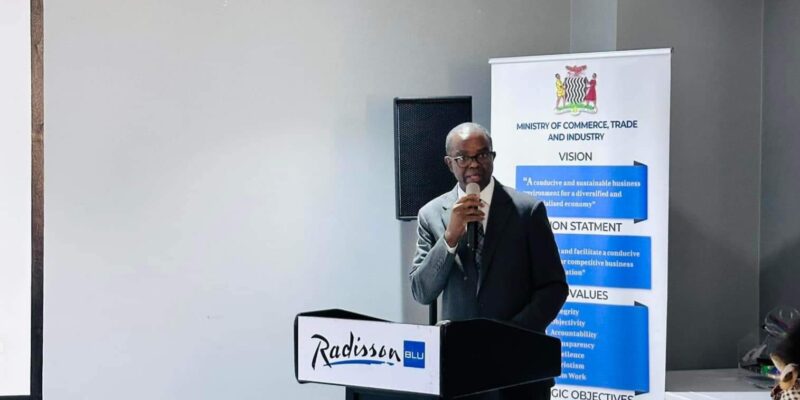
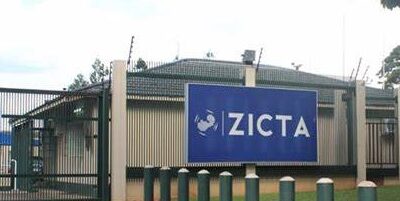
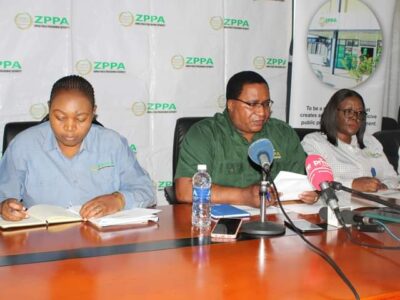
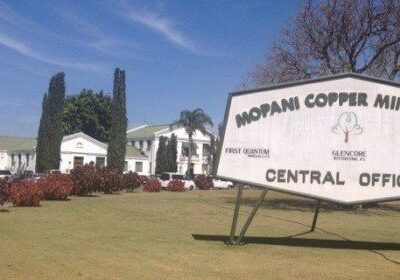
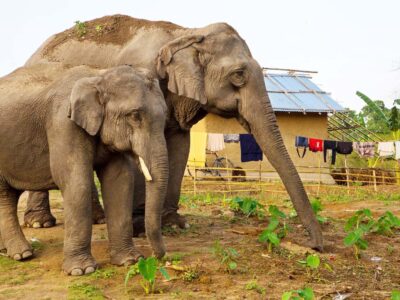
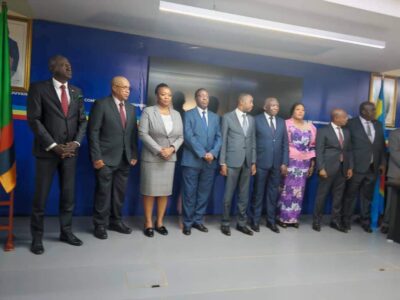
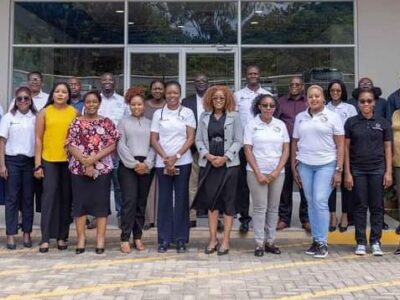




Comments